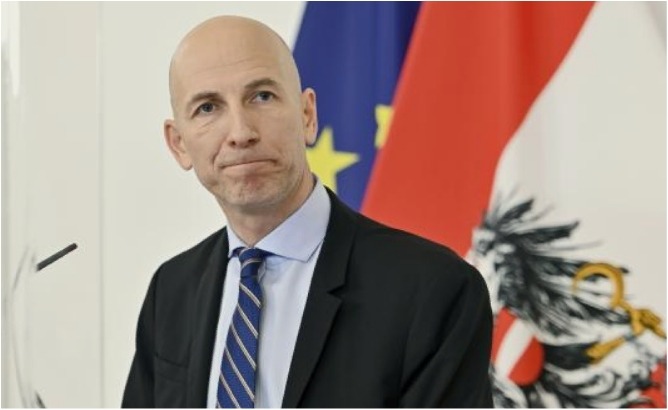Austrian Labor Minister revises proposal to cut social benefits for part-time workers, Minister has revised his proposal to reduce social benefits for part-time workers, clarifying that mothers with caregiving responsibilities are not included. This comes after his initial suggestion sparked criticism from both the opposition and Social Minister Johannes Rauch, who opposed cuts to existing social benefits. Chancellor Karl Nehammer also clarified that mothers would not be affected by the proposed changes.
In an interview with Kurier, Kocher emphasized that his suggestion primarily targets young people without caregiving responsibilities or health issues. He expressed his satisfaction that a debate on part-time and full-time work is now taking place and emphasized that Austria must maintain its prosperity. Kocher proposed further measures to make full-time employment more attractive, such as a reduction in tax burdens and a more precise use of social benefits.
Kocher suggested that there should be more differentiation in Austria between social and family benefits for those working 20 or 38 hours a week. He stated that if people choose to work less, there is less reason to pay social benefits. However, his comments were met with criticism from many who believe that people who work part-time should not be disadvantaged compared to those who work full-time.
The liberal economic research institute Eco Austria and AMS head Johannes Kopf welcomed the discussion that has arisen about changes to part-time work. Kopf tweeted that the aim of such a discussion should be to increase women’s participation in the workforce and more evenly distribute working hours. He also suggested that Austria should reconsider the preference for part-time work in its tax and social security system, and that the country needs a nationwide full-time childcare program. Kopf stressed, however, that he was not talking about disadvantaging part-time work but rather about abolishing the preference for it.
Monika Köppl-Turyna, director of the liberal economic research institute Eco Austria, stated on Ö1-Morgenjournal that there are indeed ways to increase the incentive to work full-time, such as simultaneously expanding childcare. She also pointed out that the high rate of part-time work makes it harder to finance the social system. She said that due to demographic factors, there are fewer and fewer workers, and if everyone works less, it will be a problem for all government services. Köppl-Turyna expressed concern that many part-time workers are unaware of the negative impact this has on their future pension benefits. She suggested changes to unemployment insurance, the tax threshold, and negative taxes as starting points for increasing the incentive to work full-time.
Evelyn Regner, Vice President of the European Parliament, delivered a sharp rebuttal, describing Kocher’s proposal as “almost absurd.” The Social Democrat referred to the EU part-time work directive, which prohibits discrimination, stating that people who work part-time should not be disadvantaged compared to those who work full-time.
In response to the criticism, before the cabinet meeting, Kocher called for an unemotional, fact-based discussion and stated that it was never his intention to take anything away from women and mothers, who were naturally off-limits.
The discussion about Austrian labor minister revises proposal to cut social benefits to part-time work has brought attention to the need for increased incentives for full-time work, and for a nationwide full-time childcare program. Many believe that the country needs to reconsider the preference for part-time work in its tax and social security system, while also ensuring that people who work part-time are not disadvantaged compared to those who work full-time.

